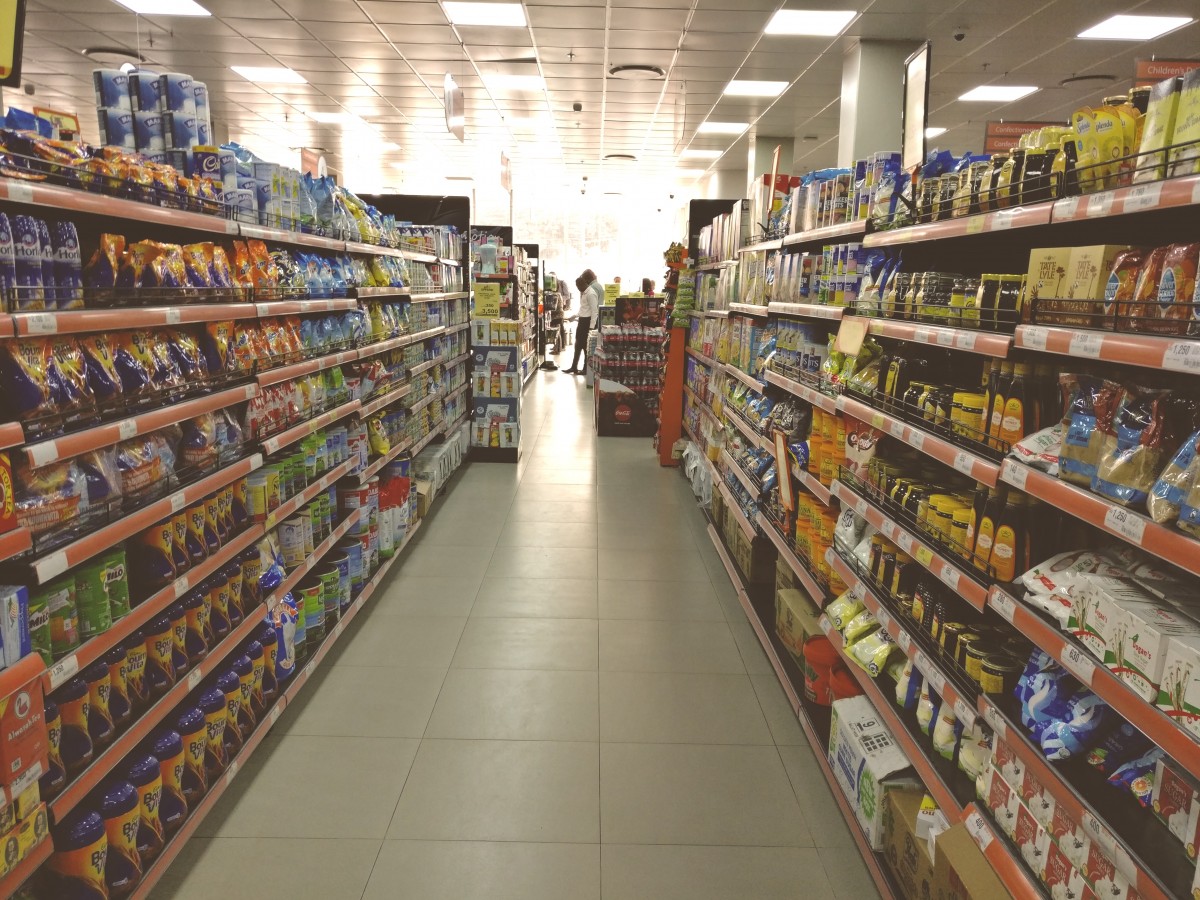Trade barriers refer to measures taken by countries or regions to restrict imported goods or services. These measures can include tariffs, quotas, import restrictions, etc. Trade barriers have direct and indirect effects on consumers.
First, trade barriers can lead to higher prices for imported goods. When countries impose high tariffs on certain goods, importers often pass these additional costs on to consumers, causing goods prices to rise. This means consumers have to pay higher prices for imported goods, reducing their purchasing power.
Second, trade barriers may lead to reduced market competition. When trade barriers limit the quantity or type of imported goods, the supply on the market will be limited. This could lead to less competition in the market, allowing suppliers to increase prices with less competitive pressure. This could be detrimental to consumers as they would be faced with fewer choices and higher prices.
In addition, trade barriers may lead to reduced product quality. When competition in the market decreases, suppliers may lack incentives to improve product quality or innovate. Lack of competitive pressure may cause suppliers to reduce product quality because they no longer need to meet consumers' high standards. This is detrimental to consumers as they may not be able to obtain high quality products.
In summary, trade barriers have a negative impact on consumers. They can lead to higher commodity prices, reduced market competition and lower product quality. Consumers may have to pay higher prices for goods, have fewer choices, and may not have access to high-quality products.




+ There are no comments
Add yours